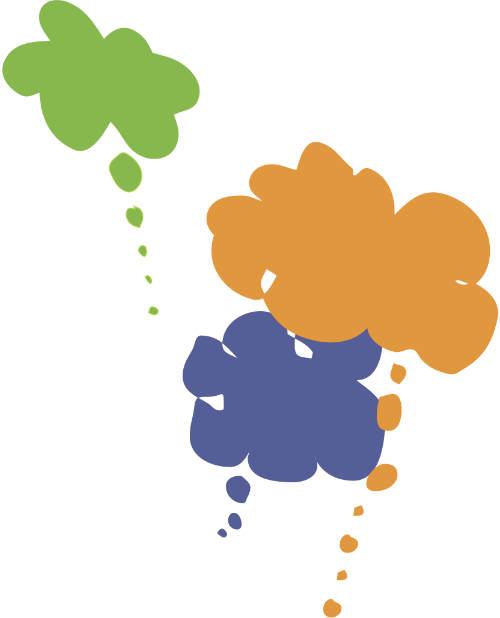|
Modern science is grounded in the conviction that in order to know the world reliably we must remain removed from our subjective human experience, which is too vulnerable to bias and self-deception. We should trust instead objective, reproducible, impersonal data generated through methods that distance the observer from the observed. The expert investigator is subject and the world – including the human world – is treated as object.
More recently quantum physics, psychology, philosophy, ecology and social sciences are all starting to highlight the impossibility of the view from nowhere and the unavoidable personal dimension in all knowing. Contemporary science increasingly accepts that knowledge is a human creation and we must account for the effects of our participation in our inquiry. The theory of Gaia for example, the earth as a living system, recontextualises humanity as part of a wider ecology rather than its master and cartographer: we are in nature, not outside it.
The implications for how we see the world and our place in it are profound. When we regard our condition as a participant in a communion of subjects we can no longer reasonably see other people as objects to be organised, managed, abstracted, governed, observed. As the great systems theorist Sir Geoffrey Vickers observed, ‘human systems are different’.
Once human subjectivity is reclaimed as an essential and legitimate dimension of all knowledge we can give the same kind of value to the qualities of subjective experience that we have up to now reserved for the abstractions of objective science. From multiple directions we see evidence that deep down the worldview of our society is shifting – from a subject-object view of the world to a subject-subject one.
|

Comments for "Trust subjective experience"
>> add your comment below
There are no comments yet.
Comment Form
Please add your thoughts